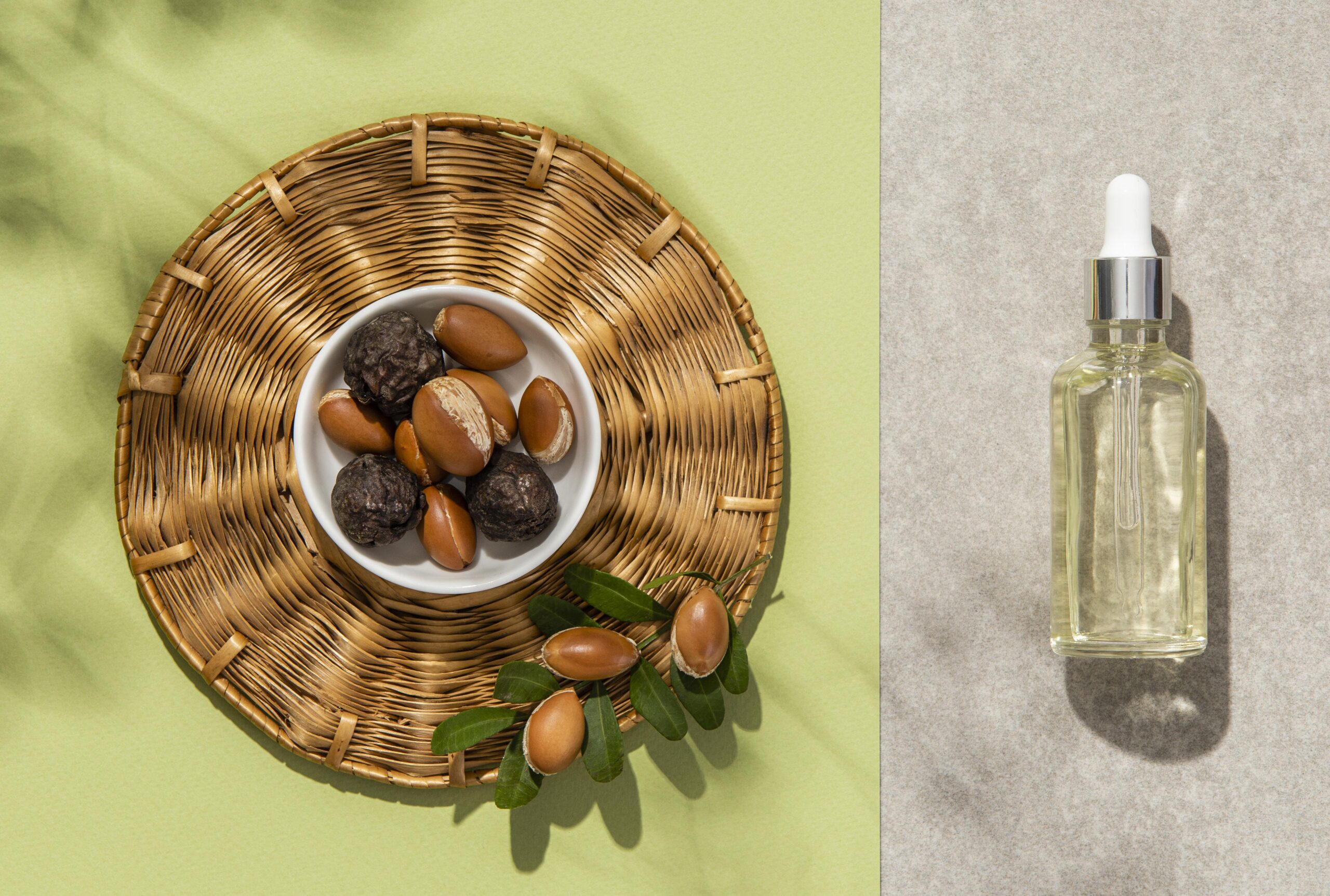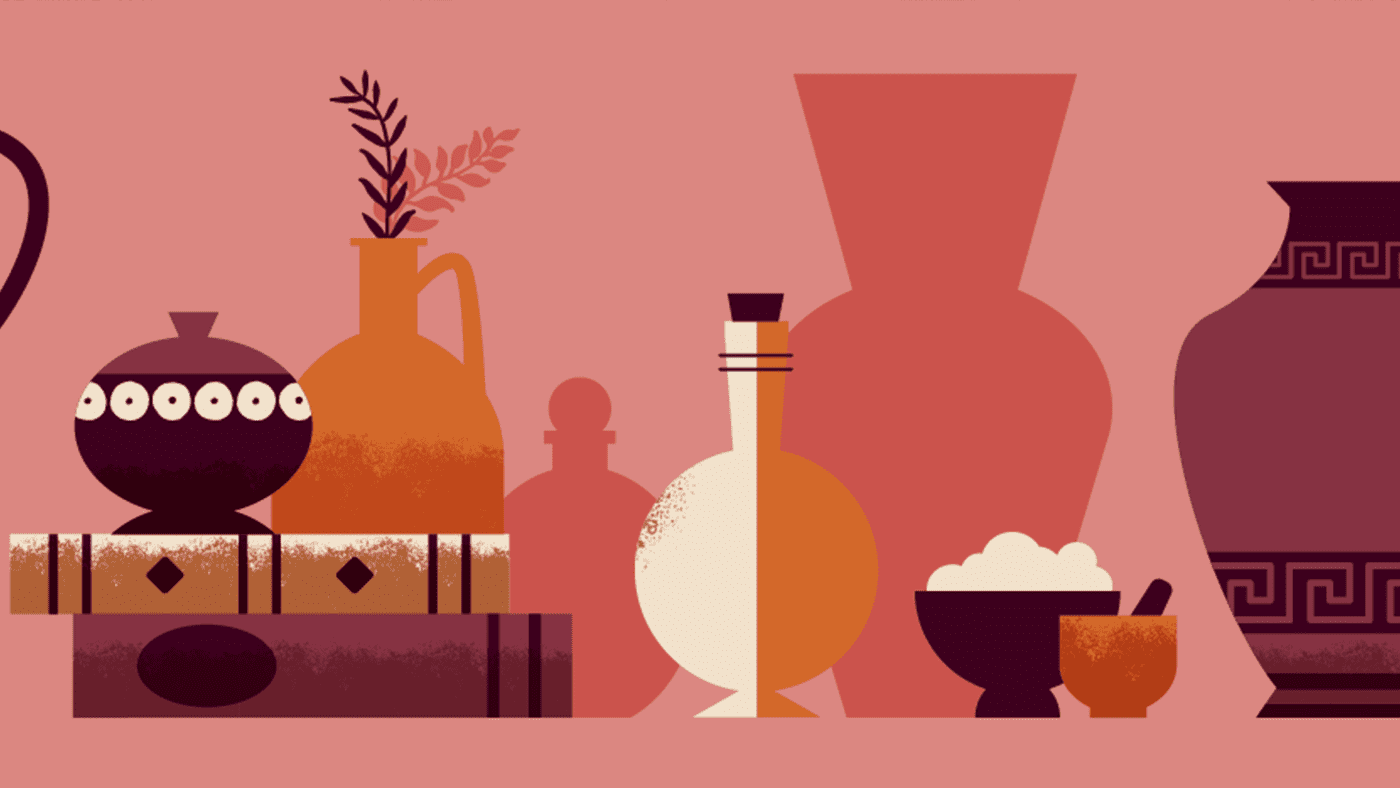Moroccan Essential Oils – Rich Traditions
Moroccan producers actively preserve and develop a rich heritage in essential oil production, drawing on centuries of traditional aromatherapy and deep-rooted ancestral knowledge. The country’s unique climate, fertile soils, and rich biodiversity create the ideal conditions for growing a wide range of aromatic plants. Artisans cultivate and harvest these botanicals with care, transforming Morocco into a leading global source of natural Moroccan essential oils celebrated for their purity, potency, and wellness benefits.
Using certified extraction techniques, Moroccan experts produce essential oils that meet international standards for purity, traceability, and safe application. Consumers worldwide trust these oils in natural wellness routines, cosmetic formulations, and holistic therapies, recognizing their exceptional therapeutic properties and high quality.
Traditional Extraction Methods Rooted in Moroccan Heritage
Moroccan artisans have refined centuries-old essential oil extraction techniques, preserving a deep-rooted tradition while aligning with modern international standards. They widely use steam distillation, one of the most trusted and effective methods for extracting high-quality essential oils from aromatic plant materials.
In this process, experts direct steam through carefully selected plant matter, which causes the volatile compounds—the essential oils—to evaporate. They then condense the resulting vapor into a liquid, allowing them to separate the pure essential oil from the hydrosol (aromatic water). This meticulous method ensures a final product that remains therapeutically effective, safe, and rich in natural plant benefits.
By applying this time-honored technique, Moroccan producers not only preserve the natural integrity of the oils but also showcase the country’s long-standing expertise in essential oil craftsmanship. As a result, Moroccan essential oils hold a prominent place in natural wellness, traditional aromatherapy, and cosmetic formulations around the world.
Here are some Moroccan Essential Oils :
The Heritage of Moroccan Essential Oils
Rosemary Oil:
Moroccan producers craft high-quality rosemary essential oil by extracting it from the fresh leaves of the Rosmarinus officinalis plant. They distill the oil using precise methods that preserve its fresh, herbaceous aroma and active compounds.
Consumers and manufacturers widely use Moroccan rosemary oil in hair care products, aromatherapy, and natural wellness routines. Its stimulating and revitalizing properties make it a popular choice for enhancing focus, improving scalp health, and promoting circulation.
Thyme Oil:
Morocco is a major producer of thyme oil, particularly from the Thymus vulgaris species. Thyme oil has a strong, herbaceous scent and is prized for its antiseptic and antibacterial properties. It is often used in skincare products, aromatherapy, and as a culinary herb.
Peppermint Oil:
Peppermint oil is derived from the leaves of the peppermint plant (Mentha piperita). Morocco is known for its peppermint cultivation and production. Peppermint oil has a refreshing, minty aroma and is commonly used for its cooling and digestive benefits, as well as in oral care products.
Orange Oil:
Morocco produces orange oil extracted from the peels of sweet oranges (Citrus sinensis). It has a sweet, citrusy scent and is used in perfumes, skincare products, and aromatherapy. Orange oil is known for its uplifting and mood-enhancing properties.
Lemon Oil:
Lemon oil is obtained from the peels of lemons (Citrus limon). Morocco is a significant producer of lemon oil, which has a fresh, citrusy fragrance. Lemon oil is often used for its purifying and invigorating properties, as well as in cleaning products and aromatherapy.
Petitgrain Oil:
Petitgrain oil is derived from the leaves and twigs of the bitter orange tree (Citrus aurantium). Morocco produces petitgrain oil, which has a fresh, woody, and slightly floral aroma. It is commonly used in perfumery, skincare products, and as a natural deodorant.
Argan Oil:
Although not an essential oil in the traditional sense, argan oil is a highly valued oil derived from the kernels of the argan tree, which is native to Morocco. It is rich in antioxidants, vitamin E, and essential fatty acids, making it beneficial for skin and hair care.
Rose Oil:
Morocco is renowned for its production of rose oil, obtained from the Damask rose (Rosa damascena). Rose oil is highly fragrant and has calming and balancing properties. It is commonly used in perfumes, skincare products, and aromatherapy.
Neroli Oil:
Neroli oil is extracted from the blossoms of the bitter orange tree (Citrus aurantium). Morocco produces high-quality neroli oil, which has a sweet and floral fragrance. It is often used in perfumery, skincare, and aromatherapy for its soothing and uplifting effects.
Atlas Cedarwood Oil:
Atlas cedarwood oil is obtained from the wood of the Atlas cedar tree (Cedrus atlantica). It has a warm, woody aroma and is used for its grounding and calming properties. Atlas cedarwood oil is often included in skincare products, as well as for promoting relaxation and meditation.
Eucalyptus Oil:
Eucalyptus oil is derived from the leaves of various eucalyptus tree species. In Morocco, eucalyptus oil is commonly produced from Eucalyptus globulus. It has a refreshing, minty scent and is well-known for its decongestant and respiratory-supporting properties.
Lavender Oil:
Lavender oil is produced from the flowers of the lavender plant (Lavandula angustifolia). While not exclusive to Morocco, the country has regions where lavender is cultivated and harvested for its essential oil. Lavender oil has a calming and soothing aroma and is commonly used for relaxation, sleep support, and skincare.
Morocco cultivates a rich variety of aromatic plants such as roses, lavender, thyme, citrus fruits, and many medicinal herbs, all widely used in the production of Moroccan essential oils. Local growers carefully plant, nurture, and hand-harvest these botanicals to ensure maximum purity and potency.
Producers extract Moroccan essential oils known for their aromatic complexity and therapeutic properties, making them highly valued in the global wellness and aromatherapy markets.
Moroccan communities and producers actively commit to sustainable and eco-friendly practices, earning growing international recognition. They adopt responsible harvesting techniques, promote ethical cultivation, and refine extraction methods to preserve both biodiversity and industry longevity.
By combining botanical diversity, ancestral knowledge, and traditional extraction techniques, Morocco firmly establishes itself as a leading source of high-quality essential oils worldwide.






